Product Name: Aluminum Forging
Product Type: Metal Forging
Material: Aluminum
Shape: Customized
Surface Treatment: Anodizing, Powder Coating, Spray Painting, Polishing
Production Process: Die Casting, Press Forging
Advantages:
1. High strength-to-weight ratio
2. Superior mechanical properties
3. Enhanced resistance to fatigue and wear
4. Tight dimensional tolerances
5. Cost-effective production
| Color | Silver |
|---|---|
| Material | Aluminum |
| MOQ | 1 Pcs |
| Sample | Available |
| Place of Origin | China |
Product Details
MINGYU Tech is a full-service aluminum press forging company offering a wide range of capabilities to a variety of industries. Our extensive knowledge, expertise and modern facilities enable us to produce forgings in various sizes, from small components to large structural components. We have a team of highly skilled technicians and engineers who work closely with our customers to provide tailor-made solutions for their specific needs. Our unwavering commitment to quality and on-time delivery has earned us a strong reputation in the forging industry.
aluminum press forging is the process of shaping aluminum alloys using extreme heat and pressure, resulting in a strong and lightweight product. This manufacturing process has been used for centuries to create sturdy and reliable products, and has become increasingly popular in recent years due to the rise in demand for high-quality, lightweight and durable materials.
One of the main advantages of aluminum press forging is the strength-to-weight ratio of the final product. aluminum press forgings are known for their high strength and low weight, making them ideal for use in a variety of industries, including aerospace, automotive, and construction. This lightweight feature makes aluminum press forgings highly sought after, as they reduce the overall weight of the end product, resulting in increased fuel efficiency and higher payload capacity.
In addition to their strength and lightweight nature, aluminum press forgings also offer exceptional corrosion resistance. This is due to the natural formation of a protective oxide layer on the surface of the aluminum, which helps to prevent rust and other forms of corrosion. This makes aluminum press forgings an excellent choice for outdoor and marine applications, as well as in harsh environments where corrosion is a concern.
| Place of Origin | China |
| Material | Metal Aluminium Steel Copper Brass |
| Process | Forging+machining+HT+finish Machining |
| Surface treatment | Polishing |
| Application | Machinery Parts |
| Product name | aluminum press forging |
| Certificate | TS16949/ISO9001 |
| Color | Customized Color |
| Quality Control | 100% Inspection |
| Lead Time | 17-38 Days |
| MOQ | 1 Piece |
| Supply Ability | 206226 Piece/Pieces per Month |
| Quantity (pieces) | > 479 |
| Lead time (days) | To be negotiated |
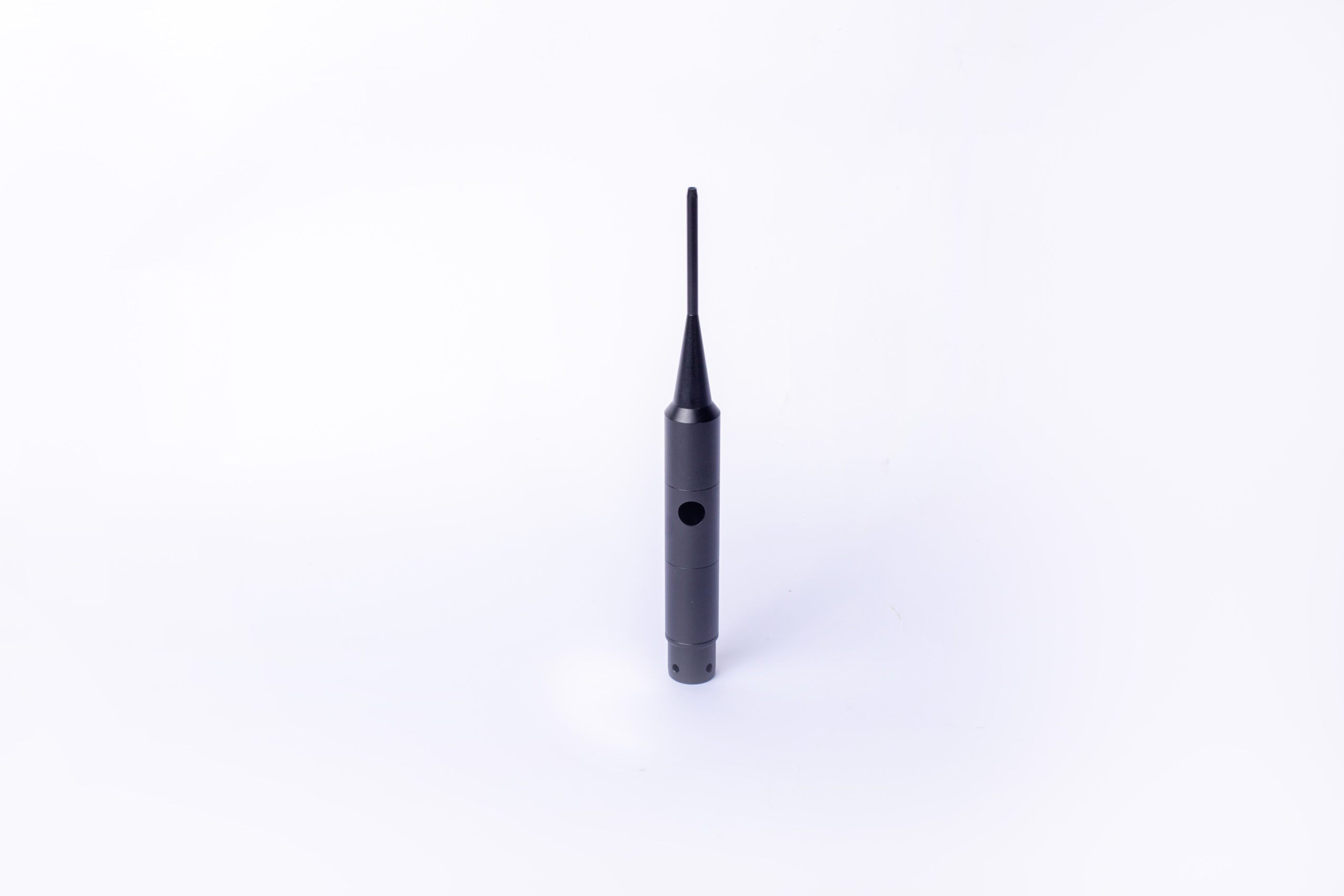
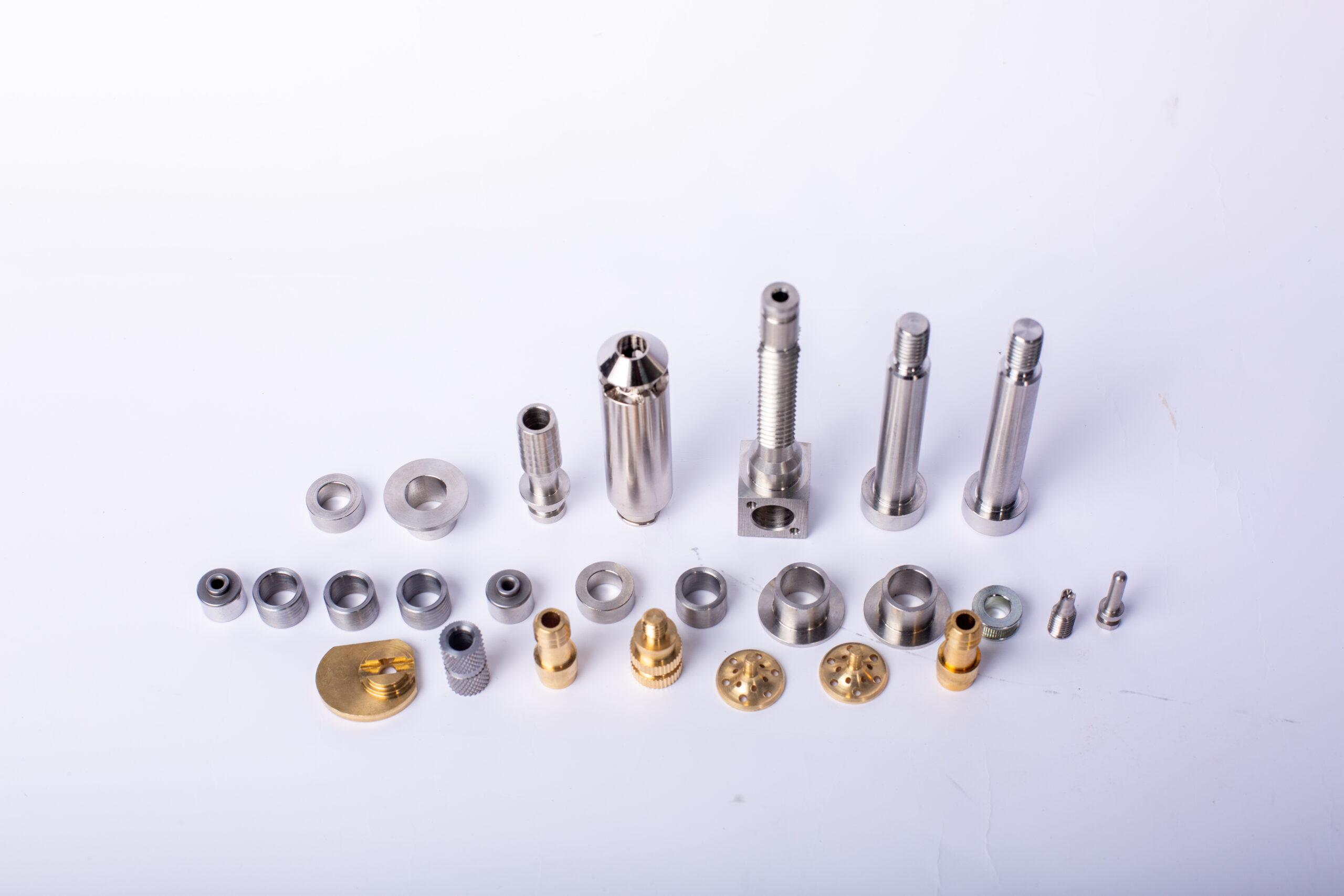
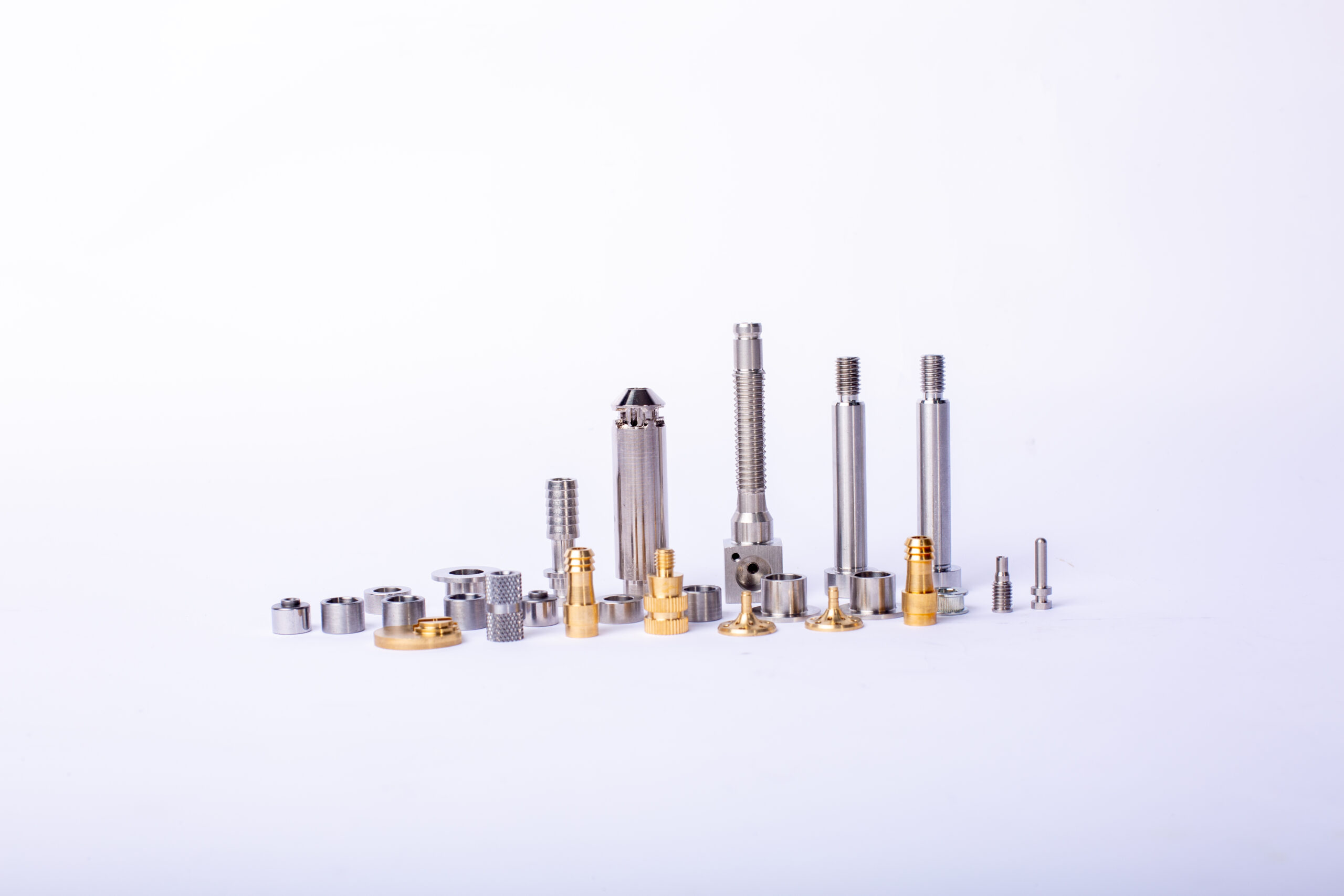
aluminum press forging FAQs Guide.
Our company is dedicated to providing high-quality aluminum press forging products to meet the needs of various industries. With advanced technology and skilled craftsmanship, we have become a leading manufacturer in the field of aluminum press forging. Our products are widely used in aerospace, automotive, and construction industries, just to name a few. We take great pride in our products as they are not only durable and reliable, but also lightweight and eco-friendly. Through this introduction, we hope to showcase the versatility and excellence of our aluminum press forging products. Thank you for choosing us as your trusted provider of top-notch aluminum press forging products.
1.What are the material testing methods used for evaluating aluminum press forgings?
1. Visual Inspection: This is the most basic form of testing and involves examining the surface of the aluminum forging for any signs of defects or irregularities.
2. Ultrasonic Testing: This method uses high-frequency sound waves to detect any internal flaws or defects in the aluminum forging.
3. Magnetic Particle Testing: This method uses a magnetic field to detect any surface or subsurface flaws in the aluminum forging.
4. Radiographic Testing: This method uses X-rays to detect any internal flaws or defects in the aluminum forging.
5. Hardness Testing: This method uses a hardness tester to measure the hardness of the aluminum forging.
6. Chemical Analysis: This method involves analyzing the chemical composition of the aluminum forging to ensure it meets the required specifications.
2.How does heat treatment affect the strength and durability of aluminum press forgings?
We maintain a certain amount of R&D investment every year and continuously improve operational efficiency to provide better services to our cooperative customers.
Heat treatment can significantly improve the strength and durability of aluminum forgings. Heat treatment can increase the strength of aluminum by increasing the hardness of the material, which can help to reduce wear and tear. Heat treatment can also improve the fatigue strength of aluminum, which can help to increase the life of the part. Heat treatment can also improve the corrosion resistance of aluminum, which can help to increase the durability of the part.
3.What safety measures should be taken during the handling and transportation of hot aluminum press forgings?
Our mission is to provide customers with the best solutions for aluminum press forging.
1. Wear protective clothing, such as heat-resistant gloves, long-sleeved shirts, and safety glasses.
2. Use appropriate lifting equipment, such as slings, chains, and hooks, to move the hot aluminum forgings.
3. Secure the hot aluminum forgings with straps or chains to prevent them from shifting during transportation.
4. Ensure that the hot aluminum forgings are properly insulated to prevent heat loss.
5. Monitor the temperature of the hot aluminum forgings during transportation to ensure that they do not exceed the maximum temperature limit.
6. Use a fire extinguisher in case of an emergency.
7. Ensure that the hot aluminum forgings are transported in a well-ventilated area.
8. Avoid contact with combustible materials while handling and transporting the hot aluminum forgings.
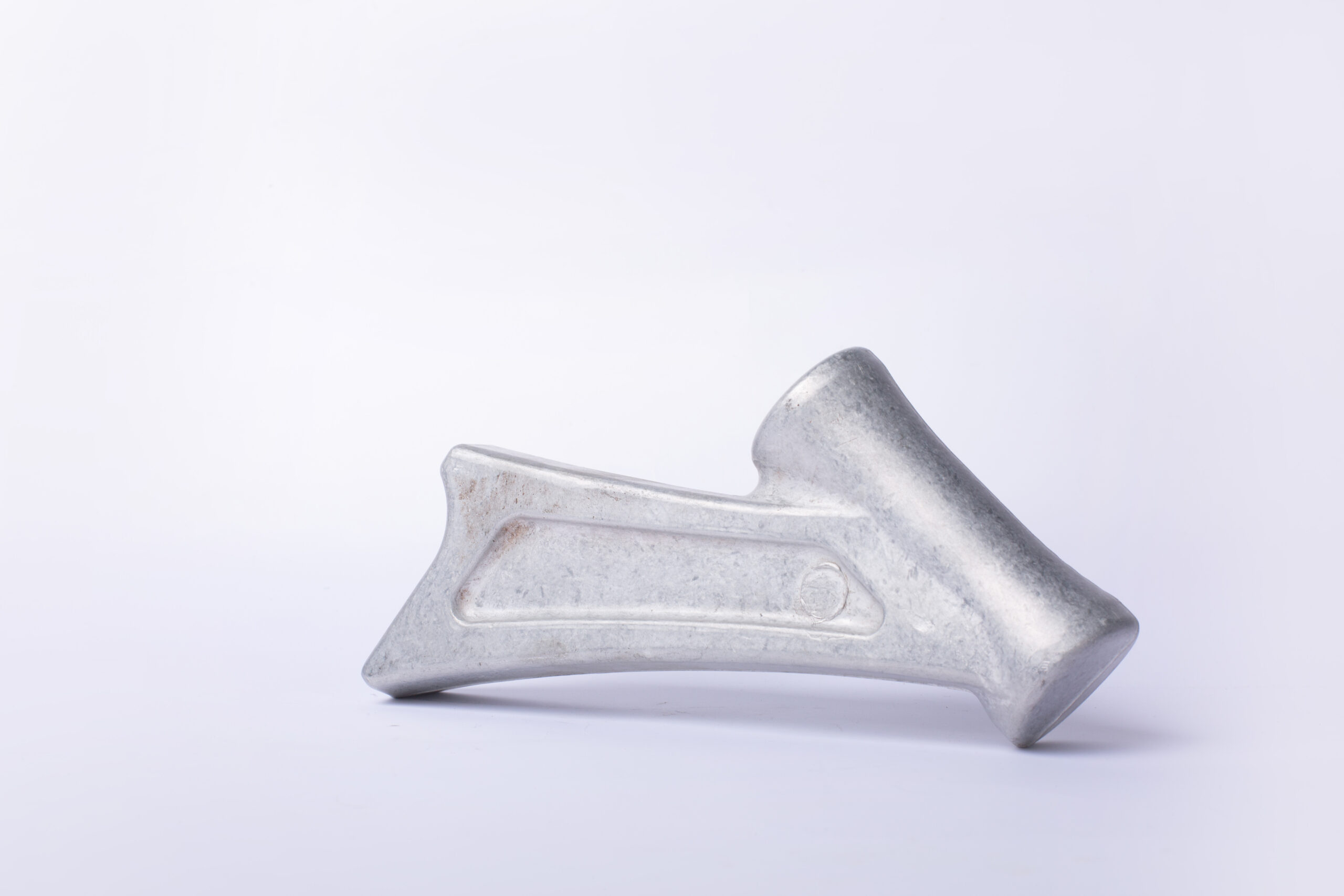
4.Are there any unique design considerations for aluminum press forgings?
Yes, there are several unique design considerations for aluminum forgings. These include:
1. Designing for the grain structure of the aluminum: Aluminum forgings are produced by a process that creates a grain structure in the metal. This grain structure can affect the strength and ductility of the part, so it is important to consider when designing the part.
2. Designing for the forging process: The forging process can affect the shape and size of the part, so it is important to consider the process when designing the part.
3. Designing for the heat treatment process: Heat treatment is often used to improve the properties of aluminum forgings, so it is important to consider the heat treatment process when designing the part.
4. Designing for the machining process: Machining is often used to finish aluminum forgings, so it is important to consider the machining process when designing the part.
5.How are defects identified and corrected during the aluminum press forging process?
Our products & services cover a wide range of areas and meet the needs of different fields.
Defects in aluminum forging can be identified and corrected through a variety of methods. Visual inspection is the most common method used to identify defects. This involves looking for surface irregularities, such as cracks, porosity, or other surface defects. Ultrasonic testing is also used to detect internal defects, such as voids, inclusions, or cracks. X-ray and radiographic testing can also be used to detect internal defects. Once a defect is identified, it can be corrected by reworking the part, using a different forging process, or by using a different material.
6.How does the cost of aluminum press forgings compare to casting or machining a similar part?
The cost of aluminum forgings is typically higher than casting or machining a similar part. This is because the process of forging is more complex and requires more specialized equipment and expertise. Additionally, the cost of raw materials for forging is typically higher than for casting or machining. However, the cost of aluminum forgings can be offset by the improved strength and durability of the part, as well as the potential for reduced machining time and cost.
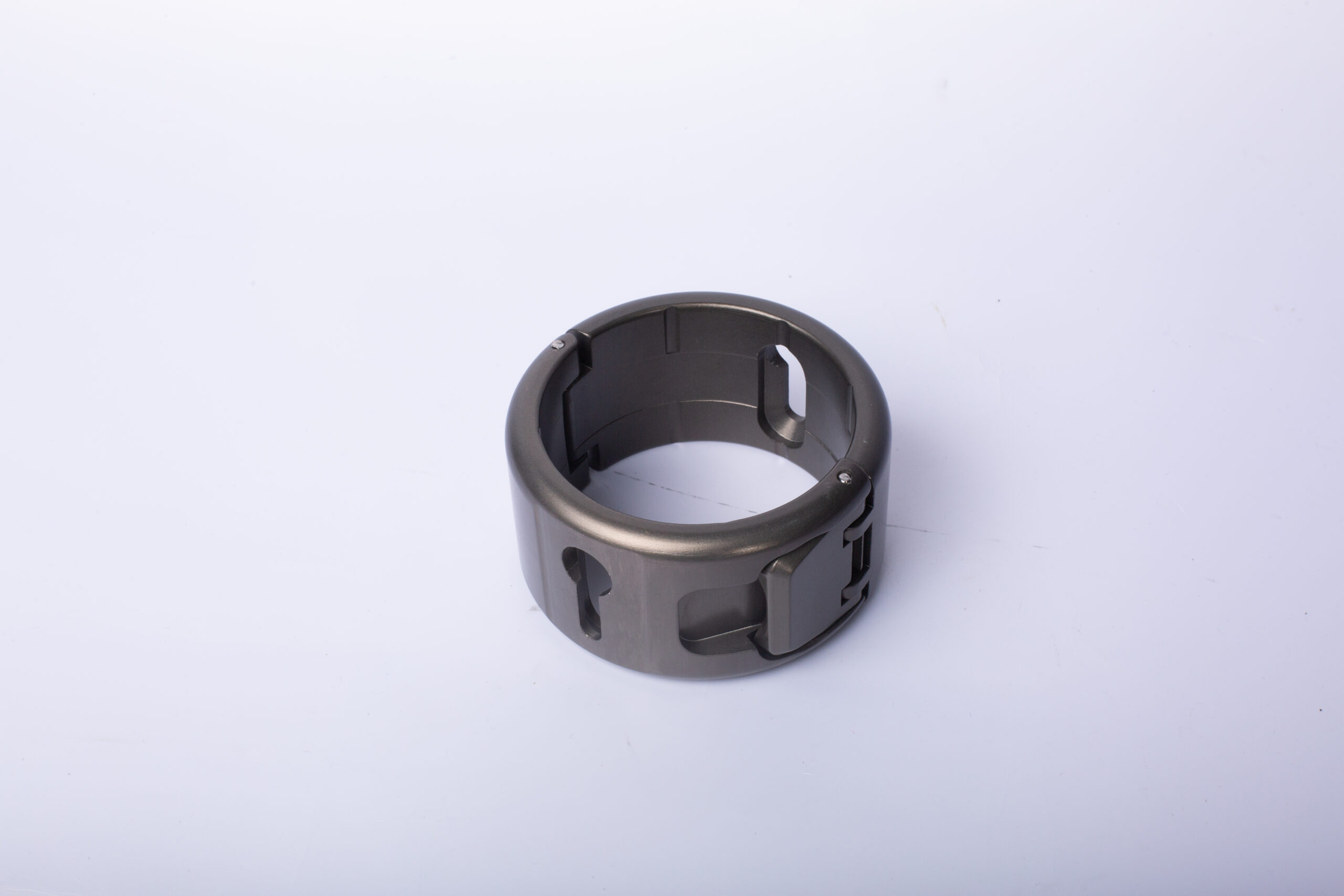
7.What are the quality control measures taken during aluminum press forging?
I have a comprehensive after -sales service system, which can pay attention to market trends in time and adjust our strategy in a timely manner.
1. Visual Inspection: Visual inspection is one of the most important quality control measures taken during aluminum forging. This involves inspecting the forged parts for any visible defects such as cracks, porosity, or other surface imperfections.
2. Dimensional Inspection: Dimensional inspection is another important quality control measure taken during aluminum forging. This involves measuring the dimensions of the forged parts to ensure that they meet the required specifications.
3. Chemical Analysis: Chemical analysis is also an important quality control measure taken during aluminum forging. This involves testing the chemical composition of the forged parts to ensure that they meet the required specifications.
4. Non-Destructive Testing: Non-destructive testing is also an important quality control measure taken during aluminum forging. This involves testing the forged parts for any internal defects such as cracks, porosity, or other internal imperfections.
5. Stress Testing: Stress testing is also an important quality control measure taken during aluminum forging. This involves testing the forged parts for any stress-related defects such as cracks, porosity, or other stress-related imperfections.
8.What considerations should be taken into account when designing a product for aluminum press forging?
As one of the top aluminum press forging manufacturers in China, we take this very seriously.
1. Strength: Aluminum is a relatively soft metal, so it is important to consider the strength requirements of the product when designing for aluminum forging.
2. Heat Treatment: Aluminum is susceptible to heat treatment, so it is important to consider the desired properties of the product when designing for aluminum forging.
3. Grain Structure: Aluminum has a grain structure that can be affected by the forging process, so it is important to consider the desired grain structure of the product when designing for aluminum forging.
4. Tooling: Aluminum is a relatively soft metal, so it is important to consider the tooling requirements of the product when designing for aluminum forging.
5. Cost: Aluminum is a relatively inexpensive metal, so it is important to consider the cost of the product when designing for aluminum forging.
9.How does the forging process affect the microstructure of aluminum?
Our company has many years of aluminum press forging experience and expertise.
The forging process can affect the microstructure of aluminum in several ways. During the forging process, the aluminum is subjected to high temperatures and pressures, which can cause the grain structure of the aluminum to become finer and more uniform. This can improve the strength and ductility of the aluminum, as well as its fatigue resistance. Additionally, the forging process can also cause the aluminum to become more homogenous, which can improve its corrosion resistance.

10.How does the cost of aluminum press forging compare to other metal forging processes?
We have advanced production equipment and technology to meet the needs of customers, and can provide customers with high quality, low priced aluminum press forging products.
The cost of aluminum forging is typically lower than other metal forging processes due to the lower cost of aluminum compared to other metals. Aluminum is also easier to work with than other metals, which can reduce the cost of labor and production time. Additionally, aluminum is a lightweight metal, which can reduce the cost of shipping and handling.
11.About aluminum press forging overseas warehouse
Aluminum forging overseas warehouses are warehouses located in foreign countries that specialize in the storage and distribution of aluminum forgings. These warehouses are typically located in countries with a strong aluminum forging industry, such as China, India, and the United States. They provide a convenient and cost-effective way for companies to store and distribute their aluminum forgings, as well as to access the global market. The warehouses are typically equipped with the latest technology and equipment to ensure the highest quality of aluminum forgings.
12.What are the advantages of using aluminum press forging?
We have a wide range of aluminum press forging customer groups and establishes long -term cooperative relationships with partners. The countries we provide services include $keyworrd{国家变量}.
1. Strength: Aluminum forging offers superior strength and durability compared to other manufacturing processes.
2. Lightweight: Aluminum is a lightweight material, making it ideal for applications where weight is a factor.
3. Cost-Effective: Aluminum forging is a cost-effective manufacturing process, as it requires less energy and fewer resources than other processes.
4. Corrosion Resistance: Aluminum is naturally resistant to corrosion, making it ideal for applications where corrosion is a concern.
5. Design Flexibility: Aluminum forging allows for complex shapes and designs to be created, making it ideal for custom parts and components.
6. Recyclability: Aluminum is a recyclable material, making it an environmentally friendly choice.
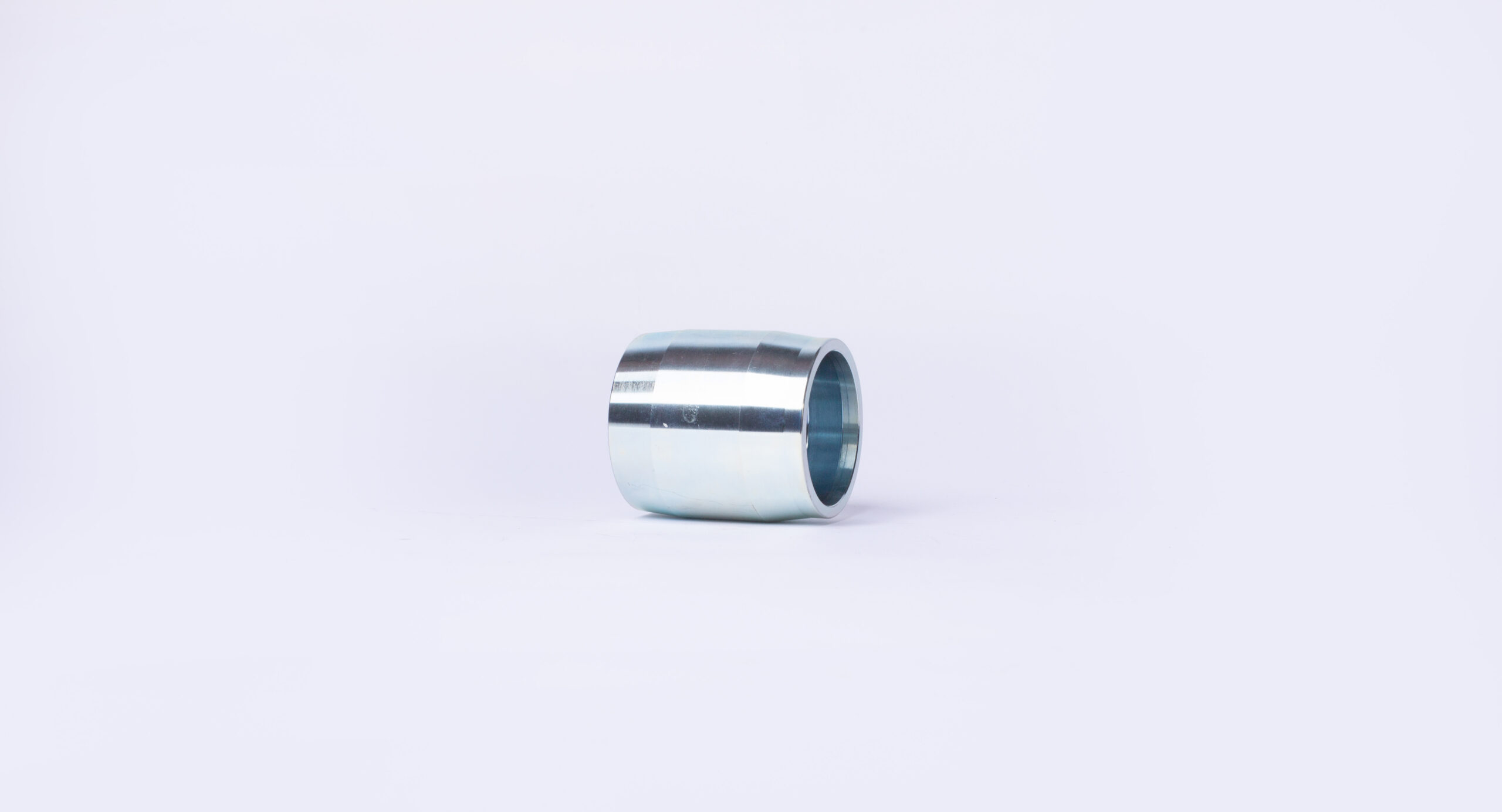
13.How do environmental factors, such as temperature and humidity, affect the aluminum press forging process?
We focus on teamwork and communication to achieve common goals, We attach great importance to this detail.
Temperature and humidity can have a significant impact on the aluminum forging process. High temperatures can cause the aluminum to become too soft and malleable, making it difficult to form into the desired shape. Low temperatures can cause the aluminum to become too brittle and crack during the forging process. High humidity can cause the aluminum to become sticky and difficult to work with, while low humidity can cause the aluminum to become too dry and brittle. Additionally, high temperatures and humidity can cause the aluminum to corrode more quickly, leading to a shorter lifespan for the forged product.
14.Can aluminum press forgings be used in corrosive environments?
Yes, aluminum forgings can be used in corrosive environments. Aluminum is a naturally corrosion-resistant material, and when it is forged, it becomes even more resistant to corrosion. Aluminum forgings can be treated with a variety of coatings to further protect them from corrosion.
15.Can non-CNC machining methods be used for finishing aluminum press forgings?
As one of the aluminum press forging market leaders, we are known for innovation and reliability.
Yes, non-CNC machining methods can be used for finishing aluminum forgings. These methods include grinding, sanding, polishing, and buffing.
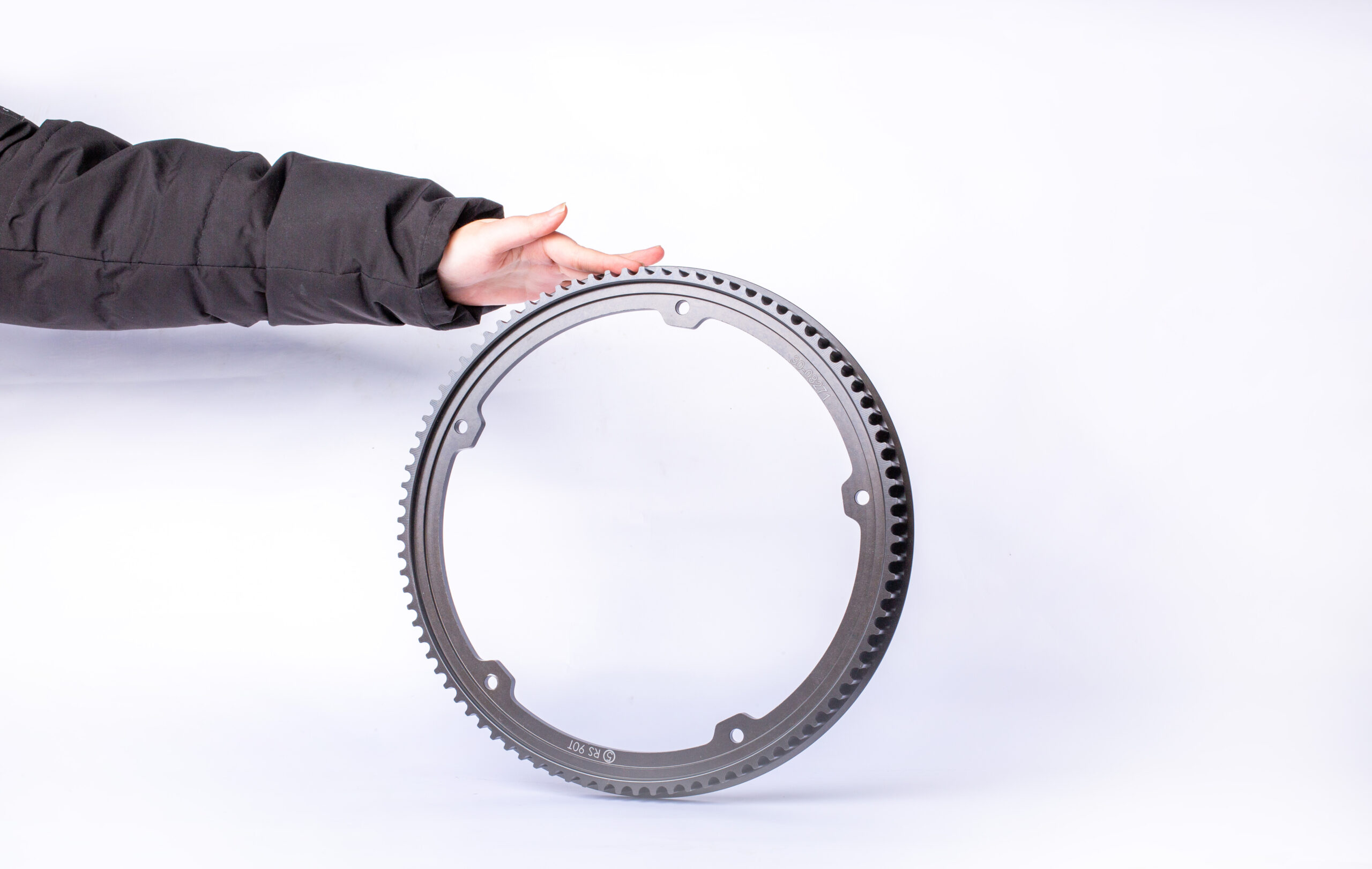
Tag:forged aluminum components,china aluminum forging suppliers,aluminum forging manufacturer,diy hand forged aluminum
Product Inquiry
We will respond within 12 hours, please pay attention to the email “@163.com” or “@alumforge.com”.
Also, you can go to the Contact Page, which provides a more detailed form, if you have more inquiries for products or would like to obtain OEM service.
Our sales experts will respond within 24 hours, please pay attention to the email with the suffix “@163.com”.